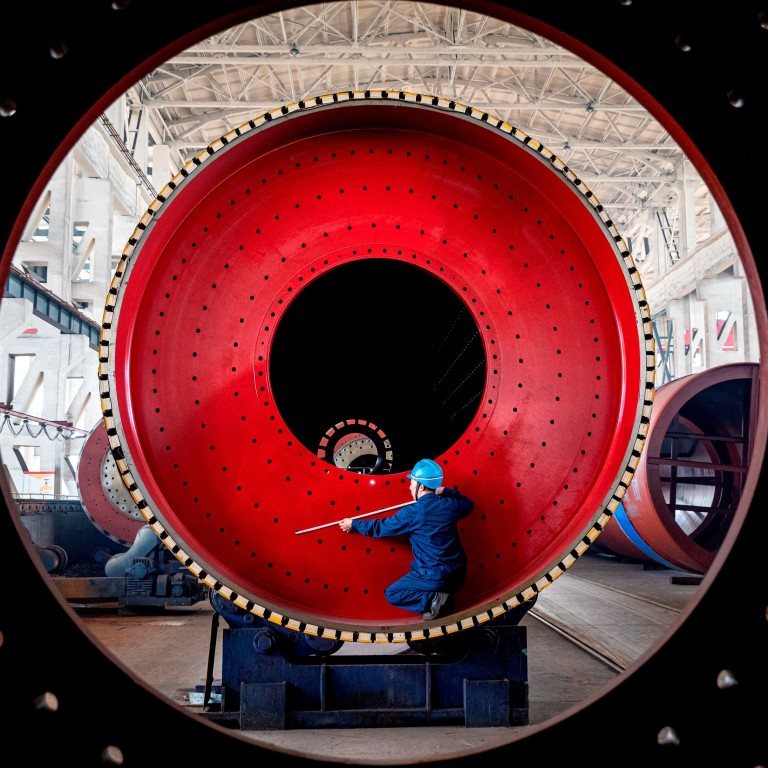
China’s new law aimed at equal market treatment draws scepticism from observers
- Observers are sceptical whether a new law aimed at levelling the playing field for foreign firms operating in China will be successfully implemented
- The law is China’s latest effort to demonstrate its commitment to opening up market access amid a trade war with the United States
A new law aimed at addressing concerns that China treats foreign firms unfairly will be hard to put in practice because of the country’s centralised political system and opaque judiciary, analysts and businessmen said.
Beijing on Wednesday passed legislation aimed at levelling the playing field for overseas companies operating in China by promising to promote a market-driven system that provided a “stable, fair, transparent and predictable environment” for business.
The law includes 72 parts, ranging from equal protection of rights and market access to punishments for intellectual property violations. But some observers have already raised questions about its implementation.
If private businesses want to flourish, they will always have to depend on political will
“Because there is a strong government and a centralised system in China, [the government] controls key resources for production and allocation,” said professor Li Jianwei from the Civil, Commercial and Economic Law School at the China University of Political Science and Law.
In reality it was not possible for there to be fair play among state-owned, foreign and private companies in China, he said at a forum on state sector reform in Beijing on Wednesday.
“If private businesses want to flourish, they will always have to depend on political will.”
Sun Dawu, chairman of private company Hebei Dawu Agriculture Group, who also spoke at the forum, said even after the law is implemented non-public companies would not receive equal protection.
“Unfair allocation of resources is not the most important thing - the most important is the fairness of judicial system. China’s entrepreneurs are all walking the road towards prison,” said Sun, who was imprisoned in 2003 for illegally taking public funds.
Unfair allocation of resources is not the most important thing - the most important is the fairness of judicial system
The new law promises to maintain “a fair and competitive market”, cut taxes and fees, and streamline the business environment, including financing and business withdrawal, the government statement said in a statement.
A section on “service reform” promised to minimise “the direct allocation of government resources to the market” and shrink direct government intervention in “market activities”. It also said it would strengthen supervision and improve local government services.
The new rules appear to address a number of concerns raised by China’s biggest trading partners, the US and European Union, both of which have long complained about China’s preferential treatment of local companies and heavy-handed government interference in the world’s second largest economy.
“The new regulations that will be implemented at the beginning of 2020 seem like another move in the right direction, but we still have a lot more work to do to ensure our members are treated equally to Chinese companies,” said Joerg Wuttke, the president of the European Chamber of Commerce in China.
Beijing insists that all state companies are “independent market players” and are self-financed and self-sustained.
Ning Jizhe, a key member of China’s delegation, said the new law was warmly received when it was shared with US trade negotiators in Washington earlier this month.
China and the US have been locked in a tit-for-tat trade war for the past 15 months, but the two sides reached an interim agreement on what US President Donald Trump called a “substantial phase one deal” earlier this month. Trade negotiators are working on a text that the US president and President Xi Jinping could sign in mid-November when they meet at the Asia-Pacific Economic Cooperation summit in Chile.


